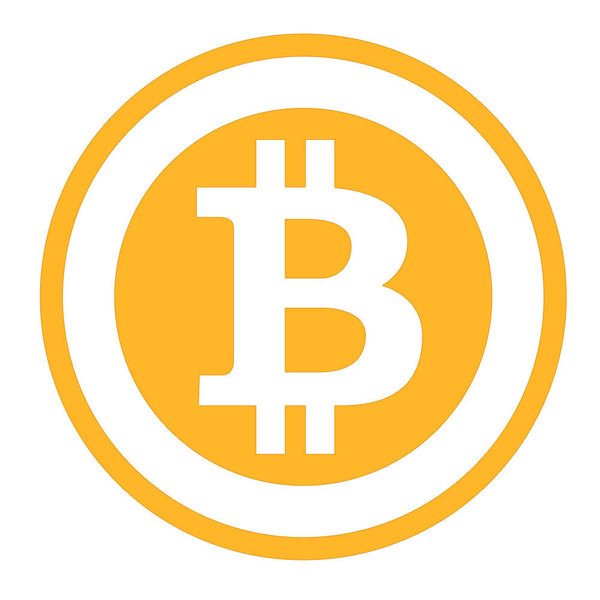
Sometimes technology and its related innovations move so quickly that it takes the “real world” a bit of time to catch up. Such is the case with the ubiquitous Bitcoin, which this blog promised would continue to be a trending tech story in 2014.
While humorous clones like DogeCoin and CoinyeWest may just be passing internet fads, Bitcoin, the digital currency introduced in 2009, is here to stay.
Major internet retailers like Overstock.com will soon start accepting Bitcoin and outside of the digital realm, the crytocurrency is slowly but surely gaining traction as a payment method at small businesses across the country and the world.
According to this article from Bloomberg.com…
“From Berlin record store Long Player to the Flower Lab, a florist in Santa Monica, California, more retailers are accepting Bitcoin as consumers increasingly buy into the money, pushing up its value. In the past month, the number of businesses on CoinMap, a website showing physical companies and vendors accepting Bitcoin, has tripled to more than 2,100.”
One of those businesses is the Just Sweet Cafe in the East Village in New York City, which is in talks to install a Bitcoin ATM, made by manufacturer Lamassu, on its premises.
“Since bitcoins are a digital cryptocurrency with no physical iteration, it dispenses nothing into one's hand. Instead, when a user inserts dollars--or any of some 200 global currencies--into the machine, bitcoins appear in the user's digital bitcoin wallet.”
While this would certainly propel the power and promise of Bitcoin even further along, this physical representation of a digital entity will no doubt prove a complicated process as far as “ironing out the regulatory framework,” at least as far as the use of bitcoins in the city of New York, which will begin “holding public meetings on licensing and regulating bitcoin use in New York City starting January 28.”
The question is, however, how do you regulate a currency that has no real institution or government behind it and one that is as volatile and prone to misuse as Bitcoin?
It’s not hard see why regulators might have a difficult time with this conundrum and why that means we might not see a Bitcoin ATM in that East Village ice cream and bubble tea shop or anywhere else anytime soon.
What do you think? Do you use Bitcoin? Would you use a Bitcoin ATM? How do you go about regulating it? Or is that the point, that it shouldn’t be regulated?